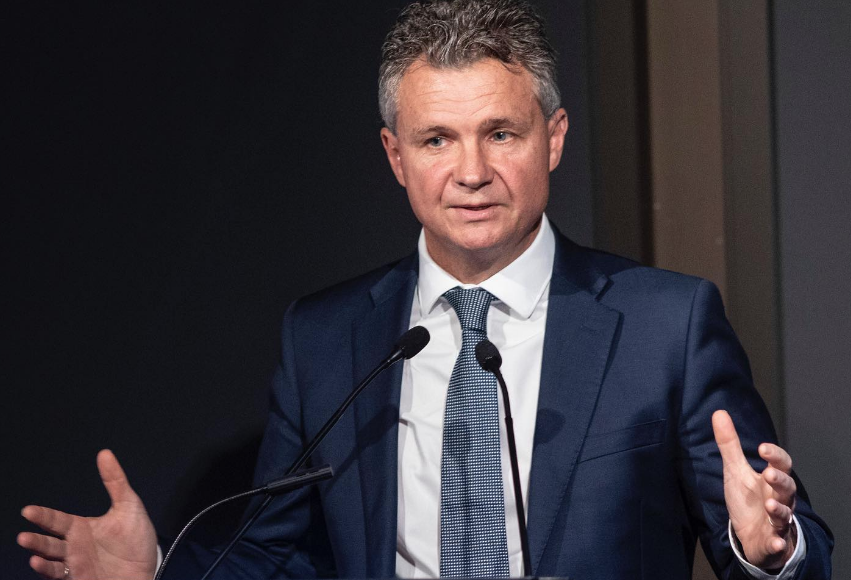
The passage of the proposed referendum on a Voice to Parliament could be a necessary, albeit not a sufficient, condition for Australia to become a republic in the next few years, writes MICHELLE GRATTAN.
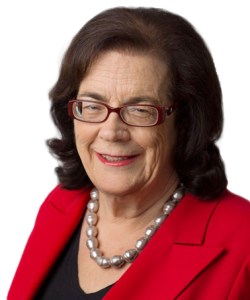
ANTHONY Albanese, on grounds of respect, is declining to be drawn on the republic issue immediately after the queen’s death.
Assistant Minister for the Republic Matt Thistlethwaite has lips buttoned (although he was embarrassed when Sky publicised a fundraising dinner he was slated to attend next month).
Albanese’s bid to change Australia’s constitutional arrangements has been pencilled in for a second term, assuming Labor gets one. Thistlethwaite’s early appointment both sent a signal and marked the start of tilling the ground, initially in a low-key way.
A defeat for the Voice, however, would potentially be a massive stumbling block. It’s hard to see the government being willing to risk a second referendum rebuff. On the other hand, a win for the Voice would create momentum for a republic referendum, ending the perception that constitutional change has become almost impossible.
Assuming the Voice were enshrined, the push for the republic would still face formidable obstacles, arguably tougher than when people voted it down in 1999.
Then, despite the result, there had been a strong mood for change. The controversial role of the governor-general in the 1975 political crisis was in relatively near memory; now it is ancient history for most people. And in the 1990s, moving to a republic was cast as important for Australia’s foreign policy pitch to Asia.
Today, the republic issue faces a deal of inertia, despite predictions its time would come after the queen’s reign. Maybe in another three years enthusiasm would gear up, but there is no certainty.
A republican identity no longer seems as vital for Australia’s presence internationally. That’s established.
A Roy Morgan Research SMS poll on Monday of 1,012 people found 60 per cent favoured Australia remaining a monarchy; 40 per cent supported a move to a republic with an elected president.
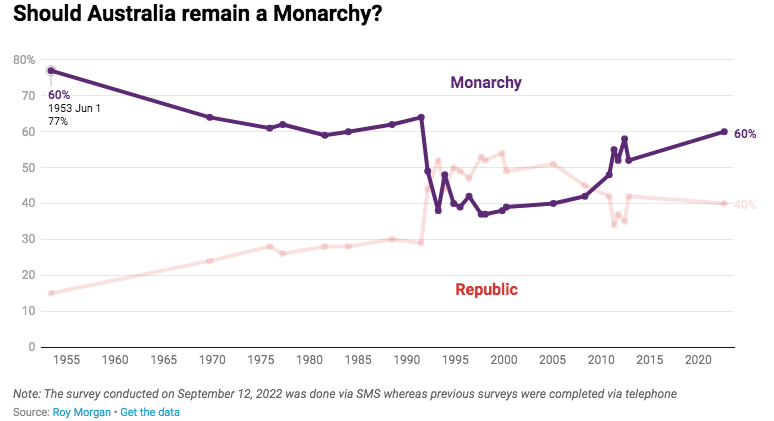
Backing for the status quo was higher among women and older people.
A discount factor might apply to a poll this week, but the long-term trend is revealing.
Roy Morgan CEO Michele Levine said more Australians have been in favour of remaining as a monarchy than becoming a republic consistently since November 2010.
Prior to that there had been a consistent majority in favour of becoming a republic from 1994 to 2008, she said.
In the public mind, a main reason for keeping the present system seems to be the “if it isn’t broken, don’t fix it” argument. People have become apathetic.
Once the republic debate was seriously re-ignited, though, apathy would turn into sharp division. For those seeking change, the “wicked problem” would become – as it was in 1999 – the model.
The planned model in 1999 had a president appointed by two-thirds of the federal parliament. That would ensure bipartisanship and enable minimum alteration to the detail of the constitutional arrangements.
But some republicans wanted the president popularly elected, and this split helped kill the referendum. In the years since, support for popular election has only grown, to the point where it is almost impossible to envisage the public voting for a non-elected model.
The Australian Republic Movement has proposed a model in which the public would choose from a list of candidates nominated by federal, state and territory parliaments.
It’s easy to understand why the public, in this age of political distrust, would favour an elected rather than an appointed presidency. But it is a model fraught with challenges.
An elected president would have his or her own mandate from the voters. This would mean the powers of the president would need to be very carefully codified, and this is difficult.
The issue of powers is central because of the nature of the federal parliamentary system, in which the Senate can block supply, as happened in 1975, which led to the governor-general using his reserve powers to sack the prime minister.
More broadly and less dramatically, an elected president – especially a popular figure who wanted to assert themselves – could come to be seen as an alternative source of authority to the prime minister. Groups with grievances against the government could get publicity by making appeals to the president.
And how would an election for president be conducted? What sort of issues would candidates campaign on? Or would they not be allowed to “campaign”, but simply run on their CVs?
While many commentators see dangers in setting up a potentially competing source of authority, John Quiggin, from The University of Queensland, has the opposite view. He argues that “the current system gives the prime minister too much power, and this power has been increasingly abused in Australia and other Westminster systems”.
Quiggin dismisses the suggestion a president with their own authority deriving from the people could become too powerful.
“The parliamentary republic with which we share the most history, the Republic of Ireland, has an elected president, and the system has worked very well. Even though candidates for president have been supported by political parties, they appear not to have acted as partisans in office, and have left the running of the country to the PM,” Quiggin wrote on his blog this week.
Human rights barrister Geoffrey Robertson suggests a more radical course, asking: “Do we need a head of state at all?”
Criticising Governor-General David Hurley in relation to Scott Morrison’s power grab of multiple ministries, Robertson writes: “If the governor-general is to be no more than a cipher for the prime minister, why not write him – and the royal family – out of the Constitution entirely?
“Our elected leader could be sworn in by the chief justice – as in America – and the democratic process can be left to resolve itself according to accepted Westminster conventions subject to any necessary supervision by the High Court.”
Well, that would be a budget saving – but it’s not an option we’d see on the Albanese government’s agenda.
The attitude of the opposition would be critical to the chances of a republic referendum succeeding. Liberals are split over a republic. “I don’t agree with a republic,” Opposition Leader Peter Dutton declared on Thursday. Of course in a second Labor term there could well be another Liberal leader.
Although Thistlethwaite is quiet at the moment, he was expansive in an interview the Sydney Morning Herald published days before the queen’s death.
“I think you’ve got to have the Australian people involved at every stage,” he said. “It might involve a plebiscite. It might involve some form of constitutional commission or convention.”
He said the Voice “should come first because that’s the great injustice in our Constitution”.
“If we can right that wrong with a referendum the next natural progression is […] shouldn’t we have one of our own as head of state? It’s time for the kids to grow up and leave home.”
Thistlethwaite did not speculate about where things might stand if the wrong was not righted.![]()
Michelle Grattan, Professorial Fellow, University of Canberra. This article is republished from The Conversation.
Who can be trusted?
In a world of spin and confusion, there’s never been a more important time to support independent journalism in Canberra.
If you trust our work online and want to enforce the power of independent voices, I invite you to make a small contribution.
Every dollar of support is invested back into our journalism to help keep citynews.com.au strong and free.
Thank you,
Ian Meikle, editor
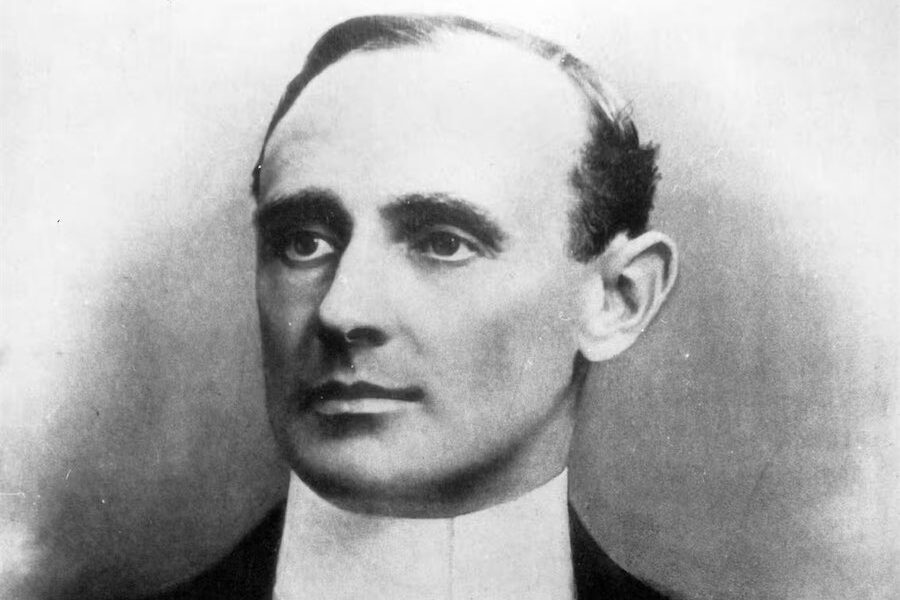
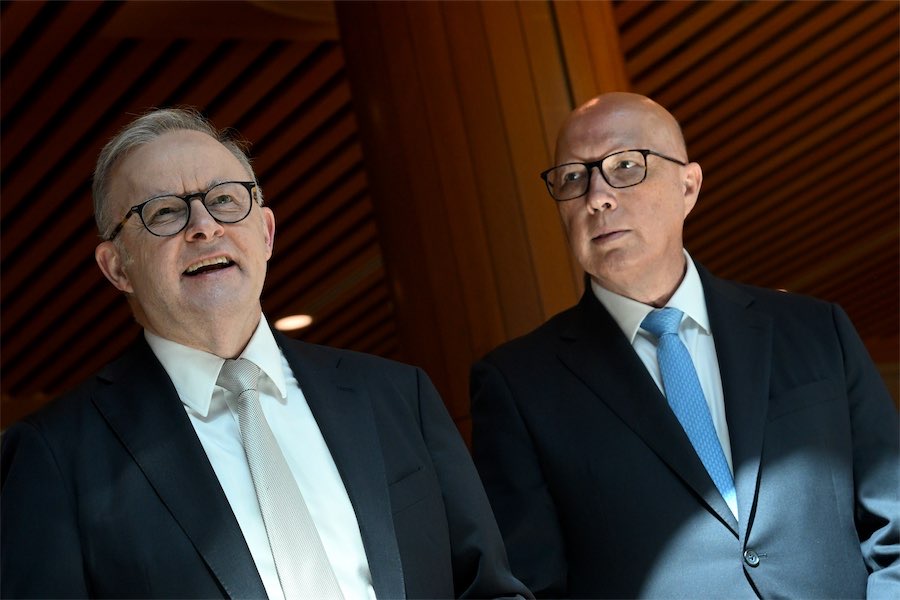
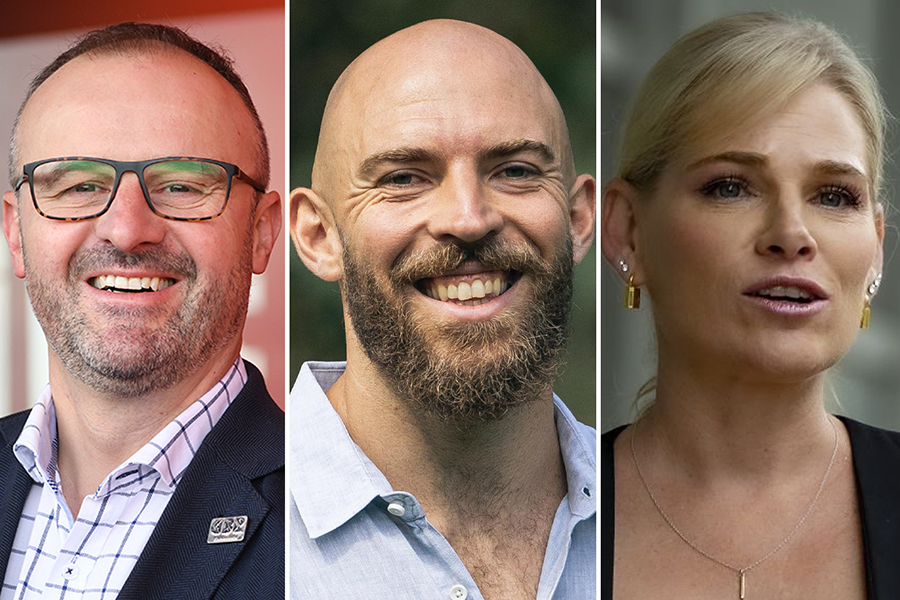

Leave a Reply